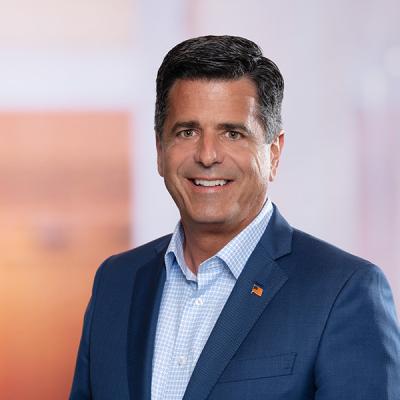Governor Baker Announces Mid-Year Budget Cuts, Draws Rebuke from Legislature
On Tuesday, December 6, Governor Charlie Baker, under his Section 9C authority, ordered $98 million in mid-year cuts from the $39.25 billion FY17 state budget. The administration has warned of budget imbalances for months and this action aims at aligning state revenues, which have lagged throughout the year, with projected spending.
Secretary of Administration and Finance Kristen Lepore said in a statement, “Today, we are acting to put the budget back in balance for the hardworking people of Massachusetts…in response to softening revenues, unavoidable spending deficiencies and the Legislature’s decision to restore spending above the administration’s signed balanced budget.” Many of the programs Baker targeted were originally cut from the budget in July when the Governor vetoed $265 million upon signing the spending plan. The legislature later restored $231 million of this spending through veto overrides.
Baker’s cuts reduced funding for 140 programs and accounts, with the largest cut being a $26 million reduction for MassHealth fee-for-service payments. Among the cuts are $53 million in earmarks and $17 million in administrative costs. The cuts include: $5.3 million for state parks and recreation, $6.35 million for MassHealth Senior Care, $7.65 million for the Massachusetts Office of Travel and Tourism, $6.5 million for the Department of State Police, and $5.2 million for municipal regionalization services.
The Governor previously considered a round of spending cuts in October to close a nearly $300 million gap, but instead opted to implement a voluntary buyout program for state employees and pursue other administrative measures. As part of the buyout, the Baker Administration offered employees $15,000 or $5,000 in an attempt to deliver $25 million in savings for FY17 budget. Over 500 employees have sought a buyout through the program.
The cuts drew a strong rebuke from Legislative leaders in both the House and the Senate. Speaker DeLeo called the cuts “premature,” arguing that tax revenues are only 0.2 percent below projections. The Speaker said in a statement, “It seems that the Administration is seeking to achieve policy objectives that have previously been rejected by the Legislature through its unilateral use of 9C cuts. Recent revenue numbers indicate a need to be vigilant; they do not, however, necessitate cuts at this time.”
The Speaker has already announced that the legislature may restore these cuts with a supplemental budget. He said that he will focus on restoring funds for substance addiction treatment, suicide prevention, and homelessness programs.
Senate Ways and Means Chairwoman Karen Spilka also criticized the cuts, saying, “The governor is shifting important funding away from the priorities of the Legislature in favor of his own. These cuts will have real consequences on all the communities of the Commonwealth struggling with opioid addiction and housing and should not be made at this time.” She specifically lamented cuts to homelessness, housing, substance abuse prevention, HIV/AIDS prevention and treatment, and services for ill children. House Ways and Means Vice-Chairman Stephen Kulik echoed the Speaker’s comments, though the committee’s chairman, Representative Brian Dempsey, said that his office is still reviewing the information.
These cuts come against the backdrop of a newfound openness among legislative leaders to increasing taxes. During hearings conducted earlier this week by the Ways and Means Committee and the Executive Office of Administration and Finance, Representative Dempsey, Senator Spilka, and Speaker DeLeo all refused to rule out tax increases, though they commented that this option is not yet being discussed. In the past, the Speaker has been reluctant to consider new taxes and has aligned himself with the Governor in opposing tax increases. Senate President Stan Rosenberg has long been open to new taxes and has argued that the state needs to generate new revenue.
Massachusetts governors are empowered under Section 9C of Chapter 29 of the Massachusetts General Laws to make mid-year budget cuts if anticipated revenues will not match expenditures. These cuts are the third consecutive fiscal year that the Governor has used this authority, though in FY16 he waited until January to make spending reductions.
Authors

Julie Cox
Steven A. Baddour
ML Strategies - Executive Vice President & Director of Operations
Daniel J. Connelly
ML Strategies - Senior Vice President and Compliance Officer



